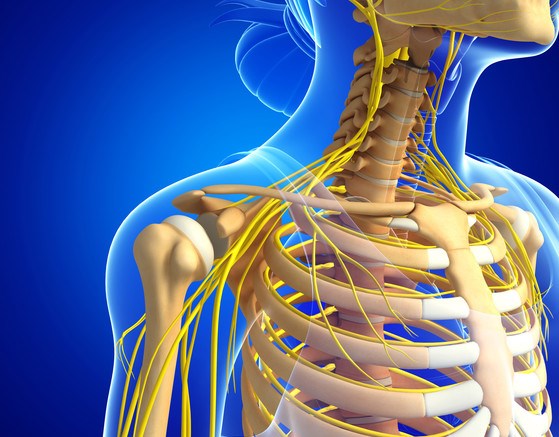Forum Non Conveniens — Nominal Defendents
Posted in Defective Medical Devices on December 8, 2015
David v. Medtronic, Inc. (Second District, Filed June 12, 2015, as Modified June 26, 2015) 237 Cal.App.4th 734, 188 Cal.Rptr.3d 103, 15 Cal. Daily Op. Serv. 6087, 2015 Daily Journal D.A.R. 6483
Thirty-seven plaintiffs filed a products liability action against the manufacturers and sellers of an FDA-approved implanted medical device which utilized a genetically engineered protein to stimulate bone growth. The plaintiffs alleged that off-label uses of the device caused them to suffer a variety of injuries, including nerve damage and abnormal bone growth. The defendants moved to sever and dismiss each of the cases based upon the doctrine of forum non conveniens, as only one of the plaintiffs resided in California. The defendants argued that the cases should be tried in the plaintiffs’ home states, because the only defendant residing in California, a physician who invented part of the device and allegedly promoted it, was merely a nominal defendant whose presence should not be considered in the alternative forum analysis.
The trial court granted the motion on the basis that each plaintiff’s home state was an available alternative forum, and the public and private factors weighed in favor of pursuing the actions in the plaintiffs respective home states. As to the sole California defendant, Dr. Michelson, the court concluded that the claims against him were nominal, and therefore dismissed those claims. The court of appeal affirmed the order dismissing the out-of-state defendants, but reversed as to the dismissal of the physician, holding that while the presence of a nominal defendant cannot defeat a forum non conveniens motion, a court cannot dismiss the nominal defendant on that basis alone:
The question raised by this case is whether the presence of a so-called “nominal defendant” can prevent the remaining defendants from obtaining a forum non conveniens dismissal when, in the absence of the nominal defendant, the action can and should be pursued in alternative forums. We conclude that the presence of a nominal defendant cannot defeat a forum non conveniens dismissal which should otherwise be granted. …
No California case has discussed whether there is a nominal defendant exception to this rule. However, analogous federal cases considering the issue have concluded that a plaintiff cannot defeat a motion to transfer merely by naming a nominal defendant who is not subject to jurisdiction in the transferee court. …
Federal courts have disagreed, to some degree, over the proper disposition of the nominal defendant. …
Only two options are available in California; state courts cannot transfer the action to the alternative forum, but must either dismiss the entire action for forum non conveniens or sever the nominal defendant and allow the action to continue to proceed against him in California. We believe the latter course is the only reasonable option. Were it otherwise, the nominal defendant—who may, in fact, be liable—would escape liability on nothing more than the moving defendant’s showing that he is at best only peripherally liable, but is not subject to suit in a more convenient forum for pursuit of the main action. As explained by the Sixth Circuit, “If in fact plaintiffs’ claims … against [the nominal defendants] do not have a valid legal foundation, then plaintiffs’ causes of action against said defendants are proper subjects for dismissal pursuant to summary judgment or directed verdict. However, these defendants cannot be dismissed from the instant litigation simply because the trial judge sua sponte determined that they are not as important as the ‘primary’ defendant.” …
In this case, the trial court dismissed the actions against all defendants, including the nominal defendant, Dr. Michelson. In this, the trial court erred. It should have dismissed the actions on forum non conveniens grounds against Medtronic, but severed the plaintiffs’ action against Dr. Michelson and allowed it to proceed in California.


